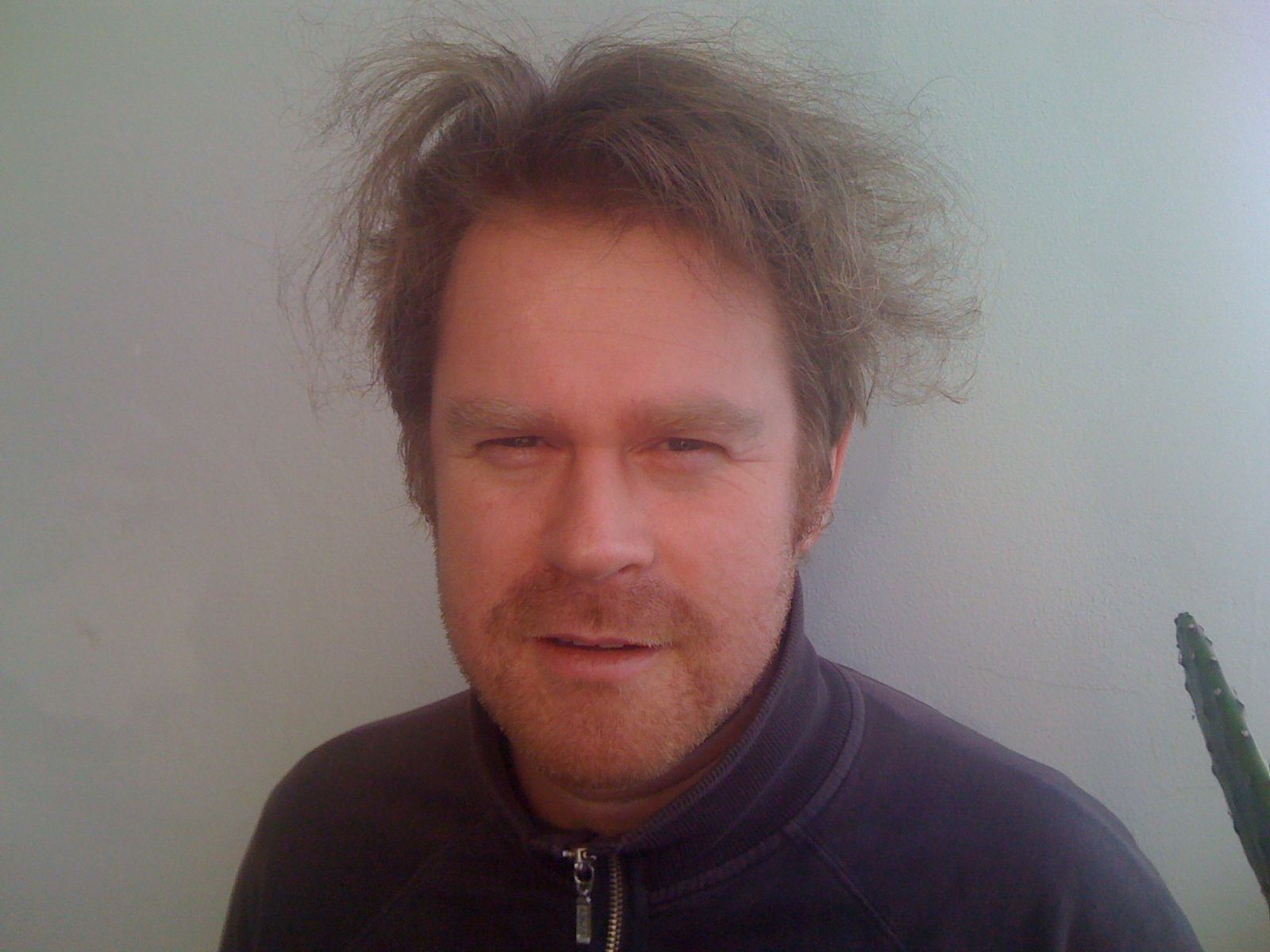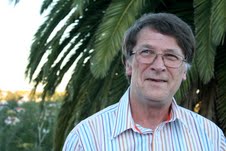 Deepika Arwind, 23, is a poet, writer and journalist based out of Bangalore, India. Her poems have appeared in Indian poetry anthologies and poetry journals. She has also read poetry at festivals like the Poetry with Prakriti Festival in Chennai, and won several poetry prizes. She is currently working on short fiction.
Deepika Arwind, 23, is a poet, writer and journalist based out of Bangalore, India. Her poems have appeared in Indian poetry anthologies and poetry journals. She has also read poetry at festivals like the Poetry with Prakriti Festival in Chennai, and won several poetry prizes. She is currently working on short fiction.
The heart is a child
sings the man with the voice of
a sinking boat. Hear, how water
ruptures him.
On the lake-fringe, between us,I am bored –
even with my foot on your crotch and your
lips syncing lullabies of romance.
Our hearts are expanses, not organs
like the Indian railways are an experience,
not a network of trains? you say.
But I’d rather eat up the city’s old charms – than your
clever metaphor –its barrage of baraats, the sound
of tomorrow’s kites in the wind. I’m so bored.
And you, between stomach and thigh are limp.
You begin: But to love is to be –
I listen (as if) unaware of the mild
backlash of our love.
(baraat: marriage procession)
The Studio (I)
Where the riot began
The man I will remember –
dull turban, pleated eyebrows,
black spectacle frames, the eyes that spit
the Bhagat Singh variety of courage, that look –
he ousted the topper of the class
the look that says: I will be alive at 69, because
I don’t smoke, I don’t drink, and I will only cry when
Saira Banu dies.
Scanty beard of pubescent modesty
with it – the fear of being reckless
the heart through the thin polyester shirt
and pocket-tucked ink pen
the heart through the polyester
shirt, narrow chest, its inevitable broadness
the heart through the shirt
the boyish arm, slim kada,
the heart that knows these are the 60s,
his belly burning with fireflies –
that taut heart ablaze in his eyes.
The man I will remember is agog in
a clear day’s monochrome.
But the man will remember the studio,
much later a cycle garage.
(kada: a religious bangle worn by Sikhs, Saira Banu: a famous Hindi film actress of the 1960s, 70s, 80s.)
II)
It may be Bilaspur. But we may never know.
She sits before a flattened tin of odd things –
safety pins and bottle lids –
in which chocolates were brought to her from Denmark.
(from a member of her feudal family, now dissolving into
the modern-moneyed world.)
Behind her, the ornate wallpaper,
from which she can dress a thousand dolls.
It must be early evening.
Before the jalebis are fried outside the studio.
Before she moves her darting eyes lined with kohl,
she lights up the street for Amma, with the
light of every mosque and sweet shop in this small town,
before she says to Amma, I want to go, but you can’t see,
she is told to run along
she lifts her ferozy frock to avoid
soiling its frayed crocheted piping,
Before Amma screams a murder of crows in high-pitched chorus:
“Firdaus, bhaaaag!”
Before the mob sweeps her in a swift moment
leaving behind a small round of ochre and the flies around it.
But we may never know.
(Amma: mother, Jalebis: An fried fried sweet, ferozy: turquoise, “bhaaag!: ruuun!”)
After the torso
comes longing. The odd rocket of desire
that picks up and loses orbit, but not at will.
Do you remember –
how aroused you were when you brought your feet
home, bleeding from hanging too long on bus footboards?
Then we pressed like jigsaw.
(After that we would never be pre-torso.)
is a gentle road. The universe of
the lower limb, the use in desperation to leave to run to come
back fill full circles stretch in love and sun to sweep with slippers
on filth to snake through sand and water.
There must always be afternoon after the torso and the creak
of a bone, sighing, like a novel at its end.
is a deluge of carnivals in the sea, swaying to the
sound of a slow fuck. A tireless hole of cum, its drip,
enunciated by your hips.
After the torso is defiance, a very brief
critique of authority.

 Deepika Arwind, 23, is a poet, writer and journalist based out of Bangalore, India. Her poems have appeared in Indian poetry anthologies and poetry journals. She has also read poetry at festivals like the Poetry with Prakriti Festival in Chennai, and won several poetry prizes. She is currently working on short fiction.
Deepika Arwind, 23, is a poet, writer and journalist based out of Bangalore, India. Her poems have appeared in Indian poetry anthologies and poetry journals. She has also read poetry at festivals like the Poetry with Prakriti Festival in Chennai, and won several poetry prizes. She is currently working on short fiction. 

.jpg)



 Iain Britton’s first collection of poems – Hauled Head First into a Leviathan – Cinnamon Press (UK), was a Forward Prize nomination in 2008. His second collection Liquefaction was published by Interactive Press (Australia) in 2009. Recently Oystercatcher Press (UK) published his third collection.
Iain Britton’s first collection of poems – Hauled Head First into a Leviathan – Cinnamon Press (UK), was a Forward Prize nomination in 2008. His second collection Liquefaction was published by Interactive Press (Australia) in 2009. Recently Oystercatcher Press (UK) published his third collection.